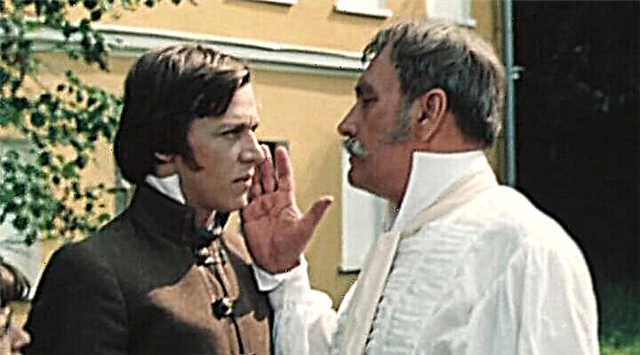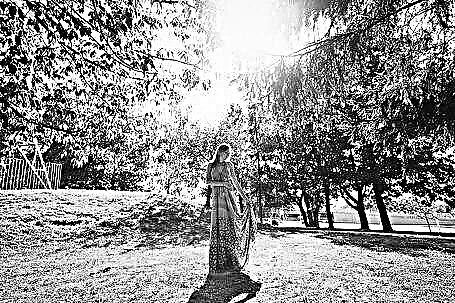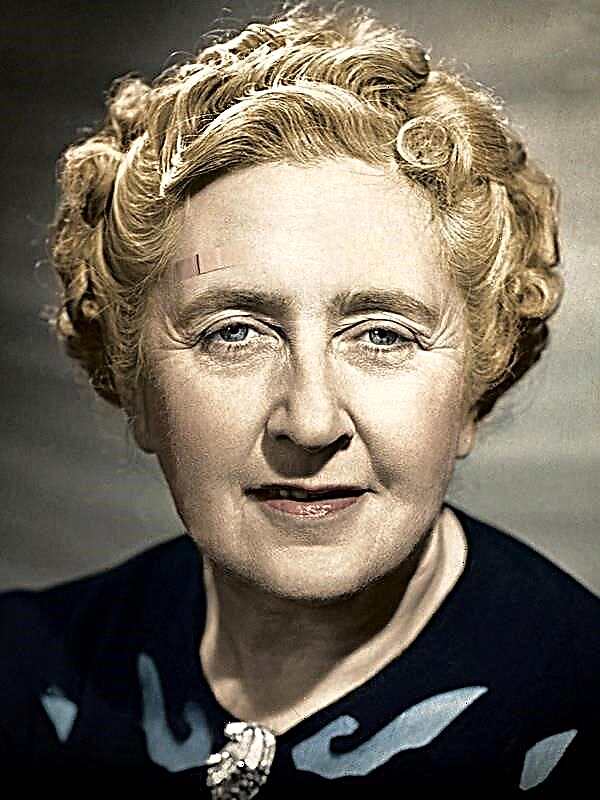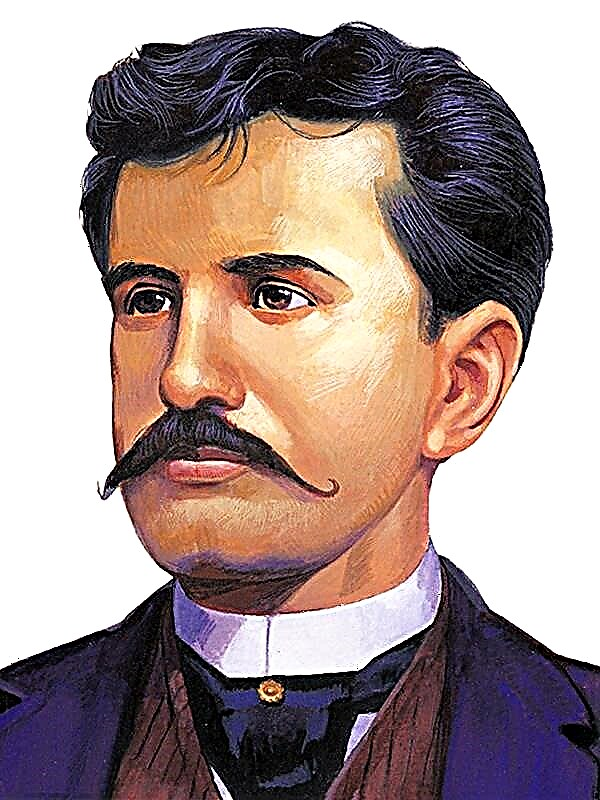A special place in the work of A.N. Ostrovsky is occupied by the problem of the misfortune of Russian women within the patriarchal system that existed in the society of his time. We see this phenomenon very vividly in “Dowry” - a story about a talented and beautiful woman whose fate spoils only one thing - the absence of a dowry. She is forced to obey the conceited laws of the society in which she lives, and to be a comedic character in this performance, in the conditions of her sad situation.
We are talking about Larisa Dmitrievna Ogudalova - the most important beauty of the secular society of the city of Bryakhimov, on the banks of the Volga. But Larisa is not just a beauty, she is also the owner of an excellent musical ear and voice, her songs are heard all over the world, and it seems that the fate of such a girl regarding marriage should be decided in the best way, but everything turns out very differently.
Due to her poverty and lack of a dowry, the girl is forced to become a pawn in the intricate and confusing game of local grooms, who only did that flaunting themselves with statuses, ranks and fortunes. And it seems that everything looks pretty good - there are quite a few gentlemen who want to ask her for a hand and heart, because everyone understands that girls from impoverished families become more flexible wives than rich women. Such girls are ready to endure any hardships and discord in the family, just to maintain their gloss, prosperity, beautiful clothes made of luxurious fabrics and muslin, which they are so used to at numerous balls and receptions before marriage. Loneliness for girls without a dowry meant poverty, oblivion and a quick sad death.
A lot of rich suitors go to the Ogudalov’s house, however, the talk is not about Larisa’s girlish disposition and heartfelt dispositions, but about the capital that competitors have, who also want to tie the knot with such an enviable beauty. And while this crazy game continues, Larisa herself and her mother, Kharita Ignatyevna, may not worry about their financial situation, however, the further the events develop, the more harmless competition grows into bidding, and Larisa’s personality becomes like a lot for which buyers are fighting on the auction. The competitors are fighting among themselves, not hesitating to show the most unpleasant character traits, there can be no talk of love here, and no one remembers it. Larisa is considered as a potential antique decoration of someone’s big rich house, bought for a lot of money, no one suggests that she may have her own feelings and desires, especially the voting right in this predatory game.
The reader, of course, becomes very sorry for the heroine. At the end of the play, pity for her reaches its maximum - she, humiliated and depreciated, dies and thanks her killer. Larisa is happy to die. Indeed, only now she has become a real mistress of her life and stops this crazy game. For the first time, the people around her thought about her, about her feelings, and everyone understands how unhappy she was. And her misfortune ended at the very moment when the bullet hit her chest, because at last something happened according to her will and will. Everyone is crying, scurrying over her, but they understand that nothing can be changed - a mortal wound.
All her life, Larisa lived in a society of greedy, greedy, rich people who have no idea about real happiness. They lived in the eternal pursuit of money, lies, sneakiness and hypocrisy, leaving no place in their world for humanity. Wanting to impress, men were scattered about money, were in constant pursuit of profit, sacrificed the latter in order to have excess. Larisa knew only such men. And only confirming her hopeless state and doom, it is so easy to refuse a marriage with Karandyshev, who could give well-being, to very shaky prospects with Paratov - a secular fashionista, womanizer and prude, who is called a man with a big mustache and a small heart. Having done this, Larisa doomed herself to indifferent observation of her life, she made this performance even larger and brighter. True, she was already completely indifferent to what was happening on the stage. Having received a bullet in her chest, paradoxically, she got rid of the pain that had tormented her for a long time, she became free and is no longer held hostage in someone else's game.
We can conclude that the story of Larisa Ogudalova only confirms the truth of the phrase that female misfortune begins where male honor ends. An honor that accepts rejection and is not afraid to hear no. An honor that does not hesitate to be poor, but is afraid to be cheap.












